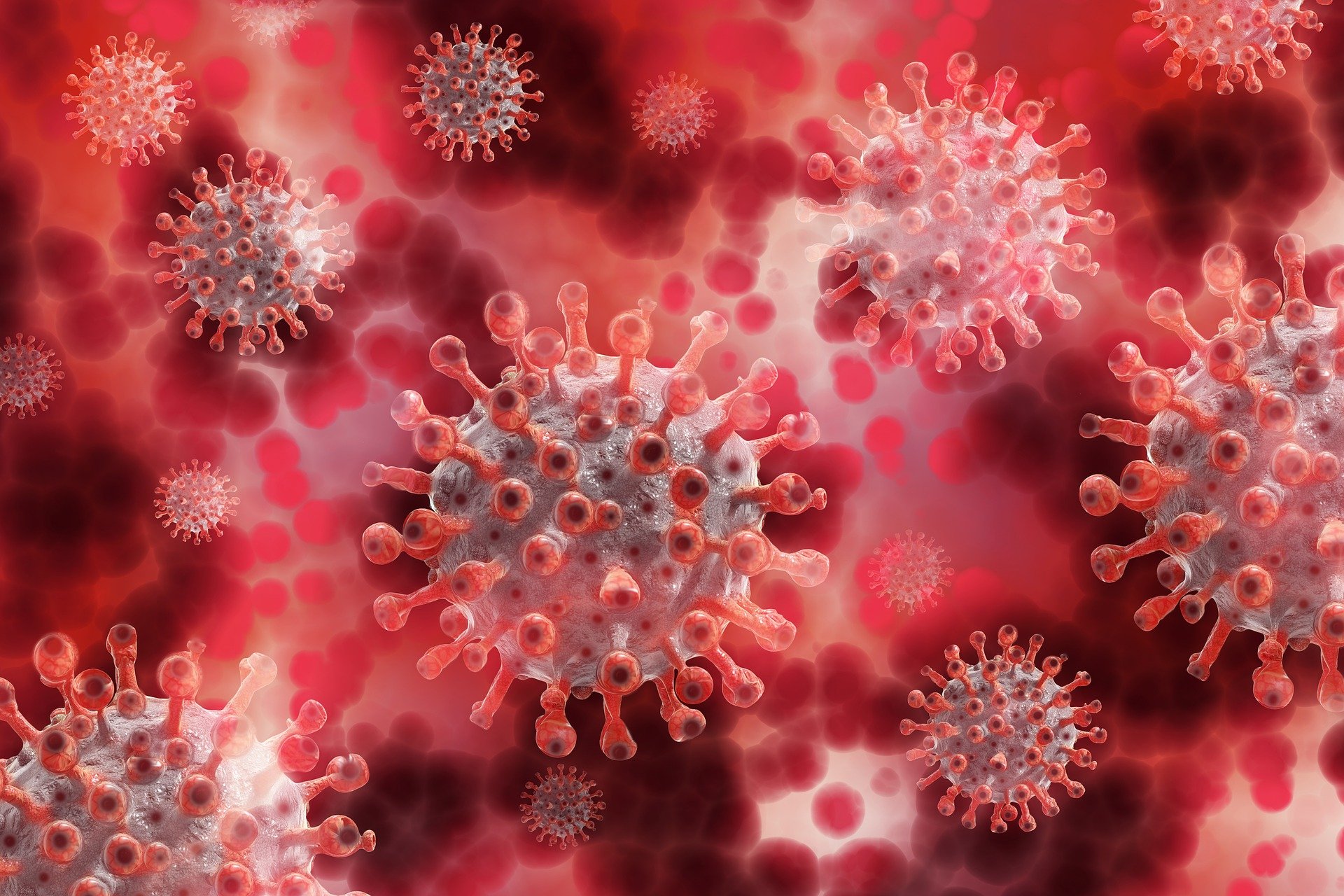To vaccinate or not?
As the mass roll out of the Covid-19 vaccination continues in the UK, more people are asking themselves whether or not to take the vaccine.
One of the wonders of the internet age is how much information is accessible to us. When we relied on books, magazines and traditional media those producing the information were committed to a code of conduct that required accuracy - and there were checks and balances. Inaccurate information could result in legal action.
However, anyone can put a site on the internet, post on social media, or self publish their own book. Unfortunately, not all information on the internet is true, and particularly when it comes to life and death, it's vital to make your decision based on good information.
Conspiracy theories abound about vaccinations, including Covid-19 from the side effects, to governments using it to inject microchips to track us. Then there are those who think you'll be injected with the live virus and those who think it will make you sick, and still others that deny Covid-19 even exists.
Medical science relies on vaccines, and many of them have successfully eradicated diseases in some countries. You can read about them on the Centre for Disease Control website. The rise of some diseases that had almost disappeared, like measles, is largely attributed to people not wanting to vaccinate their children, often based on a information linking the vaccine to autism, which has been widely debunked. Read what the World Health Organisation has to say here.
If you are looking at information online, and want to evaluate it, consider these factors:
- Who wrote it? Is the person an expert in their field? Scientists and doctors study for years, and their work is closely scrutinised by others who have done the same. Through peer review, any inaccuracies will be identified.
- Look at all the statistics - 1 person dying the day they have the vaccine is not a good indicator or proof the vaccine was responsible. 7.79 billion people have received the vaccine wordwide. If it was causing deaths, there would be no way to keep the numbers silent. Use this link to get the latest figures.
- Does the information give evidence, proof, statistics, data to verify what they are saying, and links to other sites that also do the same? Their evidence needs to be to reputable information sources. I do this through hyperlinks.
- Check out the scam busting websites too see how they prove the hoaxes are false. Snopes are one of the best and this link will show you what they have to say on Covid hoaxes.
- Don't rely on only one source for your information -check at least 3 different sources including official websites, different newspapers, magazines and TV channels. Look for several, reliable institutions saying the same thing.
If you want to read more about the vaccine, these sites will give detailed information, and also address many of the myths. They are all authoritative sites, run by experts.
- Anti-virus: this site is run by journalists free of charge, to address many of the Covid-19 myths.
- BBC reality check: Bill Gates 'microchip' conspiracy theory and other vaccine claims fact-checked
- NHS Covid-19 Vaccine site: gives information about the virus and how to get your injection. It also talks about allergic reactions to the vaccine and explains that people are required to wait 15 minutes after having the injection in case of an allergic reaction. Frankly, if you are going to have a reaction, I can't think of a better place to have an allergic reaction than a room full of medical professionals. There are side effects, and these are also listed.
- World Health Organisation (WHO) exists to help improve health worldwide.
- The Centre for Disease Control (American centre for dealing with infection diseases)
- European centre for disease control and prevention (The European equivalent of the CDC)
- National Institute for Health and Care excellence
Novel Coronavirus Information Center published by a leading scientific publisher, Elsevier.
If you do believe in conspiracies, then consider this - how could such an enormous, global conspiracy exist without anyone revealing its existence? Think of the history of leaked government information and memos, whistle-blowers and the tendency of journalists to root out the truth. I find it much harder to believe that Covid-19 is a hoax.
Whatever decision you make, make sure you base it on the best information you can access.
